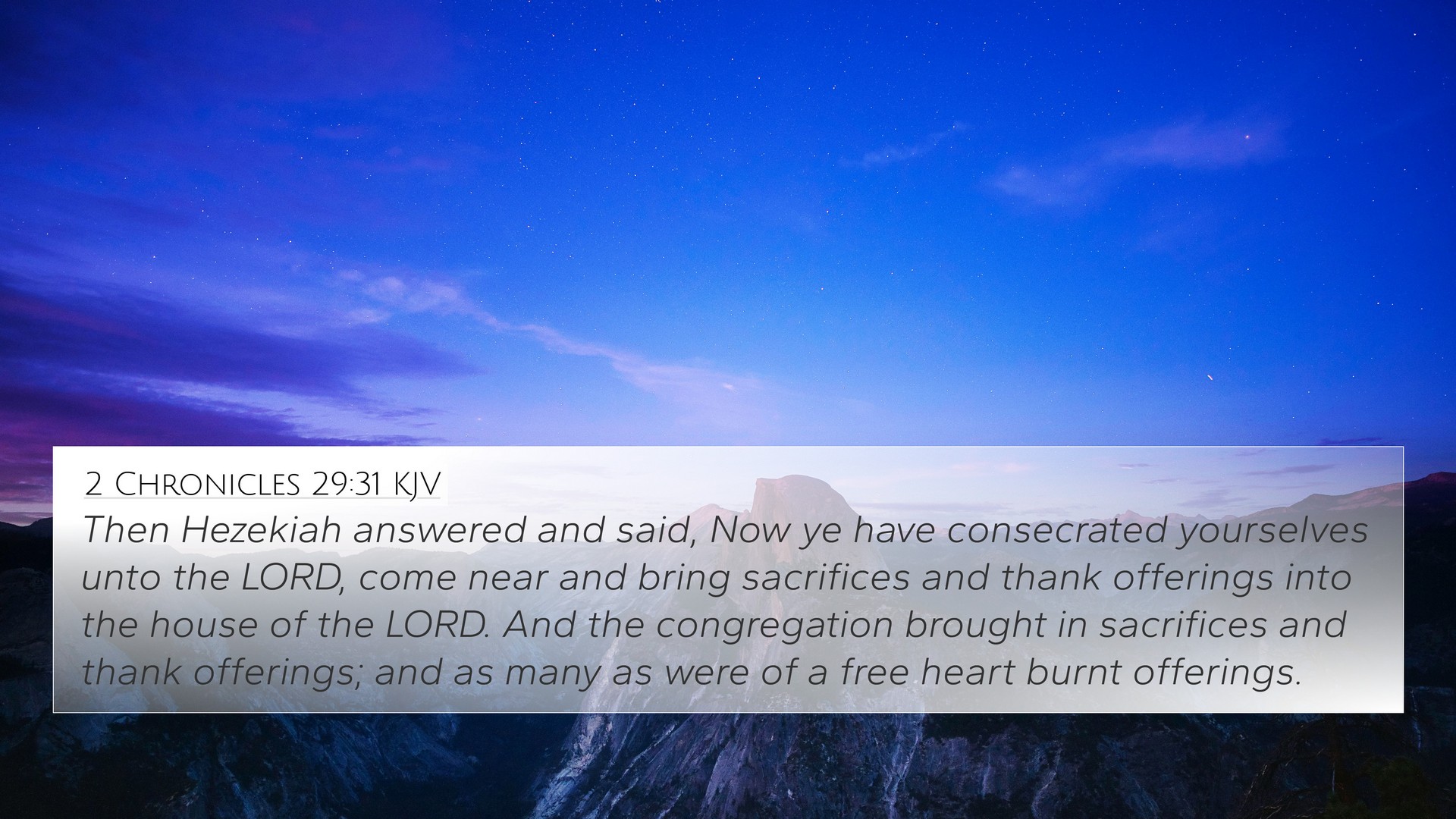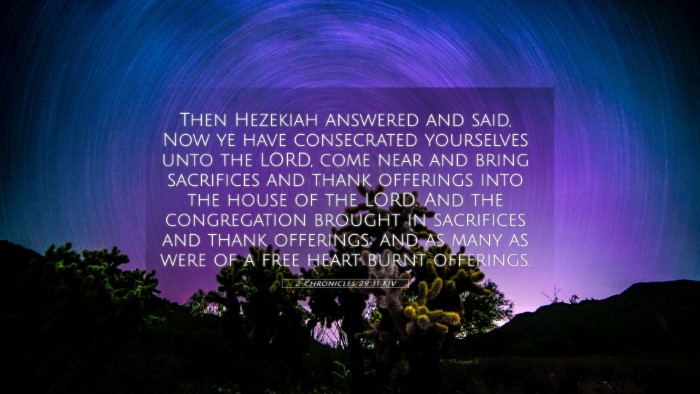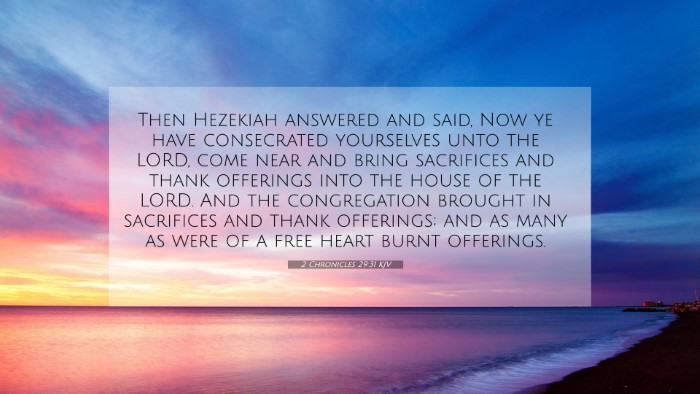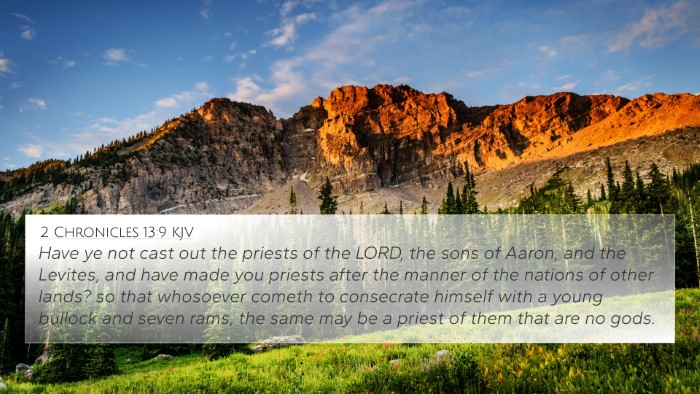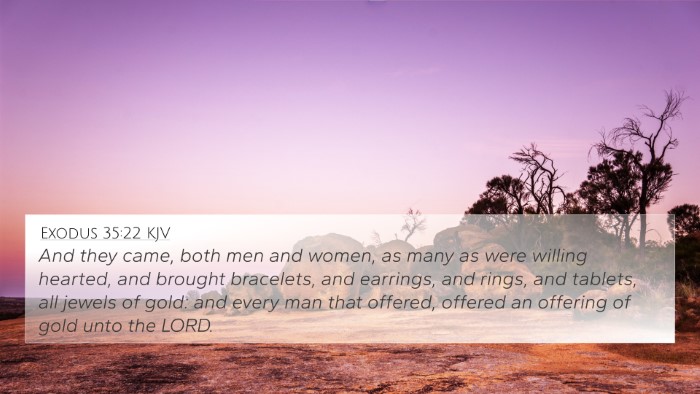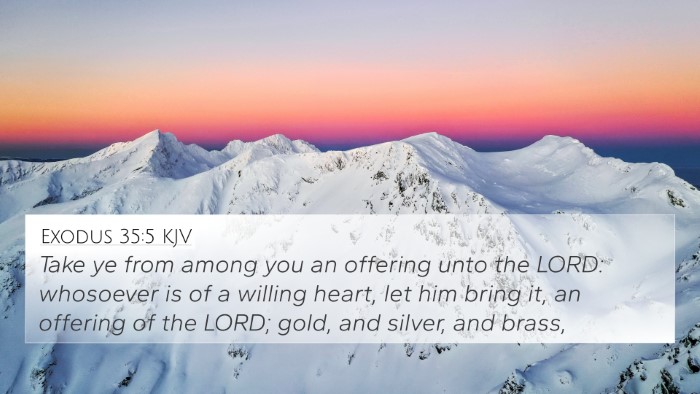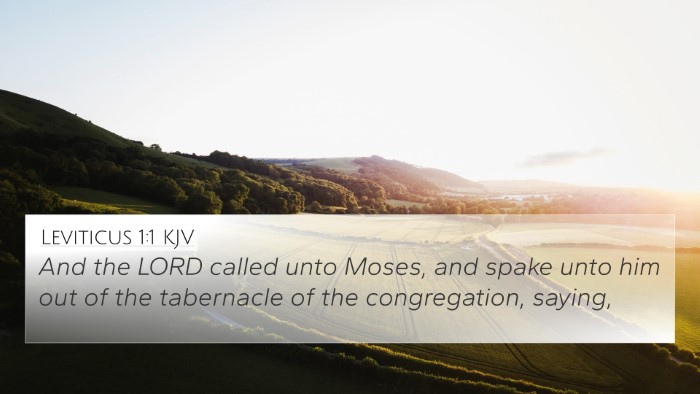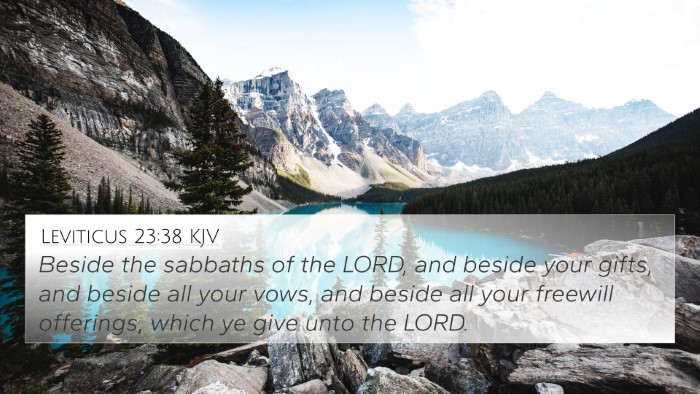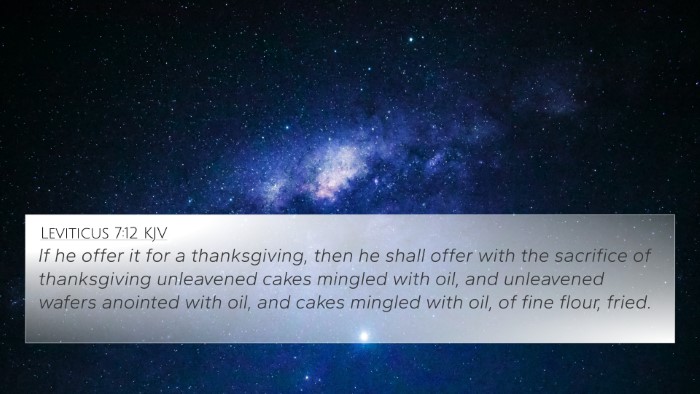Understanding 2 Chronicles 29:31
In this verse, we see a significant moment in the reign of King Hezekiah, reflecting his commitment to restore the worship of Yahweh in Jerusalem after a period of neglect and idolatry. The verse states:
“Then Hezekiah said, ‘Now that you have consecrated yourselves to the LORD, come near and bring sacrifices and thank offerings to the house of the LORD.’ So the assembly brought in sacrifices and thank offerings, and all those of a willing heart brought burnt offerings.”
Significance of 2 Chronicles 29:31
This verse encapsulates themes of consecration, worship, and community participation in the life of God’s people.
Commentary Insights
- Matthew Henry:
Henry emphasizes the importance of personal commitment to consecration before God. The people's readiness to bring sacrifices reflects a heart transformed by repentance and the desire to honor God.
- Albert Barnes:
Barnes highlights the communal aspect of worship in this verse, noting that the people collectively responded to the call to bring offerings. Their willing hearts signify a revival of spiritual fervor under Hezekiah’s leadership.
- Adam Clarke:
Clarke discusses the types of offerings mentioned and relates them to the thanksgiving and dedication practices outlined in the Law. He underscores how Hezekiah’s actions align with God’s covenant, calling the people back to their spiritual roots.
Bible Cross-References
Understanding 2 Chronicles 29:31 is enriched through careful examination of biblical cross-references. Below are relevant verses that illustrate connections to this theme:
- Leviticus 17:5-6: Discusses the necessity of bringing sacrifices to the sanctuary.
- Psalm 50:14: Calls for thank offerings and fulfillment of vows to God.
- Romans 12:1: Presents the concept of offering oneself as a living sacrifice, resonating with the theme of commitment.
- 2 Chronicles 30:1: Hezekiah’s invitation to the Israelites to return and celebrate the Passover.
- Psalms 107:22: Encourages offering sacrifices of thanksgiving for the Lord's mercies.
- 1 Peter 2:5: Highlights believers as living stones, building a spiritual house, making spiritual sacrifices.
- Hebrews 13:15: Mentions the fruit of lips giving thanks to His name.
Connecting Themes in Scripture
This verse serves as a profound reminder of the importance of engaging with God through sacrificial offerings and thanksgiving. The connections between this verse and others point to:
- The act of coming together in unity for worship.
- The transition from ritualistic practices to heartfelt devotion.
- The significance of leadership in guiding the people back to covenant faithfulness.
Exploration of Scriptural Cross-Referencing
For those studying the Bible, understanding how to use cross-references illuminates the text's meaning. Here are some methods to explore:
- Use of a Bible concordance: Navigate through topics and verses to identify connections.
- Bible cross-reference system: Utilize tools that link similar verses across various parts of Scripture.
- Comparative study of Pauline epistles: Analyze how Paul addresses themes of consecration and thanksgiving in different letters.
Conclusion
2 Chronicles 29:31 serves as a crucial pivot in understanding worship and community dedication to God. As Hezekiah leads the people to restore true worship, we are invited to reflect on our roles in communal faith practices today. The unfolding themes in cross-referenced scriptures enrich our understanding of a faithful life devoted to God.
